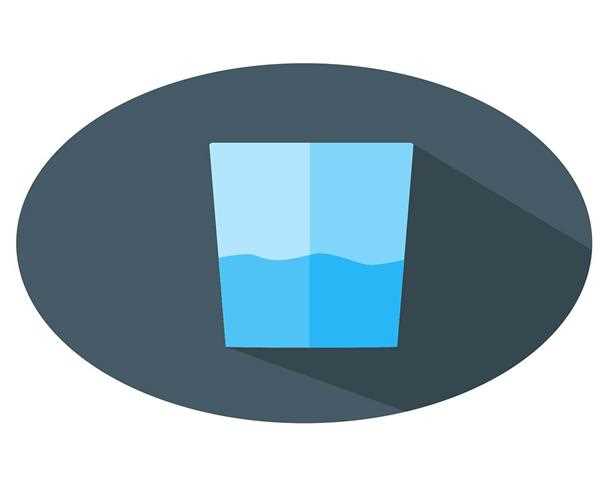What is dehydration, exactly?
Simply, dehydration occurs when our bodies lose more water and fluids than they take in. It occurs when our cells lose more water than we take in by drinking.
Water makes up two-thirds of the human body and aids in a variety of tasks including digestion, waste removal, saliva secretion, tears, joint lubrication, and eye lubrication. It is necessary for the maintenance of healthy skin, hair, and nails. When you get dehydrated, the amount of water in your blood decreases, causing an imbalance in mineral, salt, and sugar levels.
What makes you thirsty?
Due to our hectic lives, many of us 'forget' to drink enough water, as easy or foolish as it may appear. We aren't even aware that we are thirsty! We also don't feel like drinking water when we have a sore throat, mouth sores, or are sick to our stomachs! Whatever the cause, we must remember the dangers of dehydration and get moving! If necessary, set water alerts on phones.
The major cause of dehydration is a lack of fluid intake to restore what has been lost. Climate, physical exercise, and food are examples of other contributors. Infections that induce fluid loss, such as recurrent diarrhea and vomiting, can also cause dehydration.
What effect does dehydration have on hair?
Hair, like skin and nails, is an integral aspect of our bodies. Because hair roots are located within the scalp, they require sufficient nutrients to thrive. Water is an important nutrient for both the body and the hair.
Hair, both inside and out, need lubrication. Water hydrates our bodies, keeps our circulatory systems running smoothly, and keeps our hair follicles lubricated. (Minerals, which are the most critical nutrients for hair, are found in water.) As a result, hair growth is stimulated.
Hair will become dull, lifeless, dry, scratchy, brittle, and readily break if there is an inadequate flow of water to the follicles. As a result, one of the most common negative effects of dehydration on hair is hair loss.
Hair loss as a result of dehydration
After bone marrow, hair is the second-fastest-growing organ. It has a lifespan of 4 to 6 years. It has its life cycle, in which it develops, rests, and finally dies. Hair loss can occur in one of two ways: shedding or breaking. Hair falls out from the roots and might break off at any point along the strand. Dehydration can hasten shedding and breaking, affecting the length and thickness of the hair.
Each hair shaft contains 14 percent water, and if a person does not drink enough water, the shaft becomes weak and brittle. Split ends and breakages are the results. And, as previously said, hair loss is inevitable.
If your water intake is severely deficient, even the smallest contact will cause entire hair strands to fall out. The white tip at the root of the hair will almost be visible.
When a person is dehydrated, the amount of water that reaches the hair roots is highly limited. The body will attempt to deliver extra water to important organs including the brain and heart. Excessive shedding occurs as a result of the hair dying from thirst, and hair development is slowed since the roots aren't hydrated enough to encourage new hair growth.
The circulation in the scalp is reduced as a result of dehydration, with little water reaching the hair roots. Even if the body strives to conserve water, exposure to the sun, chemicals, and wind will deplete the hair of critical water. From the inside out, the hair gets dry. Hair loss appears to be abrupt and severe. If left untreated, this can lead to baldness.




Leave Comment